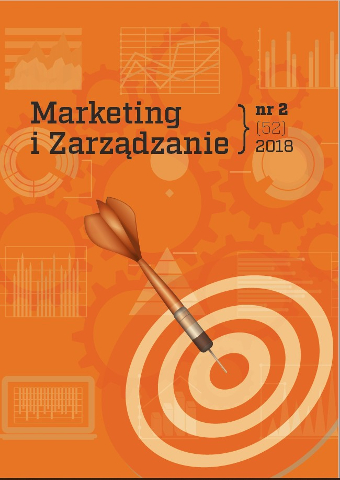
ISSN: 2450-775X
eISSN: 2543-5574
OAI
DOI: 10.18276/miz.2018.54-01


Issue archive /
nr 4 (54) 2018
Rethinking Tourism Education in Georgia
| Authors: |
Nato
Chakvetadze
Ilia State University |
| Keywords: | tourism education academic education curricula design knowledge transferability tourism research |
| Data publikacji całości: | 2018 |
| Page range: | 13 (7-19) |
| Klasyfikacja JEL: | E24 M12 O15 |
Abstract
Tourism is the second largest industry in the world and one of the fastest growing economic sectors in Georgia. Successful development of tourism in the country is largely depended on the quality of education, skills and competences of the people involved in the process of building the sector. The purpose of the research is to investigate the compliance of tourism education programs with the practical needs of the tourism sector challenges in Georgia that will reveal where we are at present and what resources we have for further development. The research showed that the tourism curriculums not always reflect the needs of the industry in case of Georgia. The paper attempts to show the complexity of tourism phenomenon and the challenges tourism education faces to meet the need of the industry. Therefore, the state and universities need to rethink the way they provide academic education in tourism. While making efforts to stay academic, knowledge transferability and applicability need to be considered when designing the curriculums. Fitting education to the practical needs of the tourism industry will enable the state and university to respond to the need of the country’s economic development, on the one hand; and, on the other hand, such a policy will increase chances to justify the expectation of students to get higher education, which is being competitive on the labor market.
Download file
Article file
Bibliography
| 1. | Airey, D., Tribe, J. (2005). An international handbook of tourism education. United Kingdom: Elsevier. |
| 2. | EU Support to the Private Sector in the context of Association Agreements including DCFTAs (Georgia, Moldova and Ukraine) (2014). DAI Europe research report. |
| 3. | GNTA (2015). Georgian Tourism Strategy: 2015‒2025. Georgian National Tourism Administration and Solimar International joint strategic paper. |
| 4. | Higher Education Qualification Framework of Georgia (2014). National Centre for Educational Quality Enhancement of Georgia. Tbilisi, Georgia. |
| 5. | Inui, Y., Wheeler, D., Lankford, S. (2006). Rethinking Tourism Education: What Should Schools Teach? Journal of Hospitality, Leisure, Sport and Tourism Education, 5 (2), 25‒35. |
| 6. | Machabeli, G., Andguladze, N., Bregvadze, T. (2013). The Influence of Higher Education on formation of Labor Force in Georgia. Tbilisi, Georgia: The International Institute for Education Policy, Planning and Management (EPPM). |
| 7. | Maurer, C., Egger, R. (2014). Tourism Education – are we educating employees for the future? INCONTOUR 2014: Tourism Research Perspectives. Norderstedt, Books on Demand. |
| 8. | Perkins, D. (2006). Constructivism and troublesome knowledge. In: J. H. F., Meyer, R. Land (eds.), Overcoming barriers to student learning: threshold concepts and troublesome knowledge. London, UK: Routledge. |
| 9. | Rojek, C., Urry, J. (1997). Touring Cultures: Transformation of travel and theory. New York: Routledge. |
| 10. | Tourism statistics review in Georgia (2014). Annual report. Georgian National Tourism Administration. Tbilisi, Georgia. |
| 11. | Travel & Tourism Competitiveness Index (2013). World Economic Forum. |
| 12. | Turner, R., Sears, Z. (2013). Travel & Tourism as a Driver of Employment Growth. World Economic Forum. |
| 13. | UNWTO (2013). World Tourism Barometer. The World Tousism Organization (UNWTO) publication. |
| 14. | WTTC (2014). World Travel and Tourism Economic Impact. World Travel & Tourism Council annual report. |
| 15. | Zehrer, A., Mössenlechner, C. (2009). Key Competencies of Tourism Graduates: The Employers' Point of View. Journal of Teaching in Travel & Tourism, 9 (3‒4), 266‒287. |